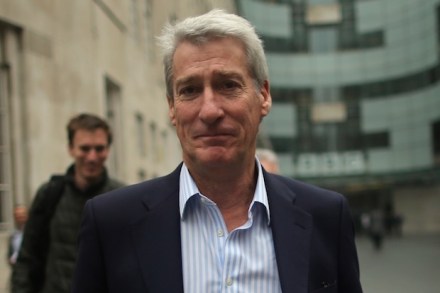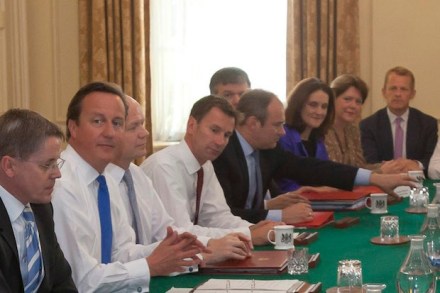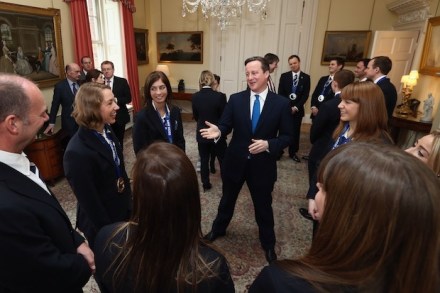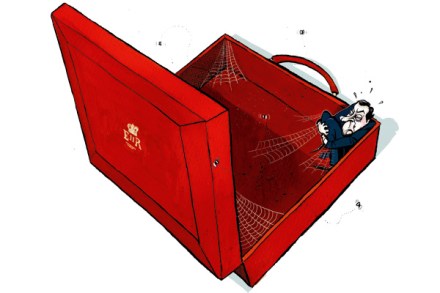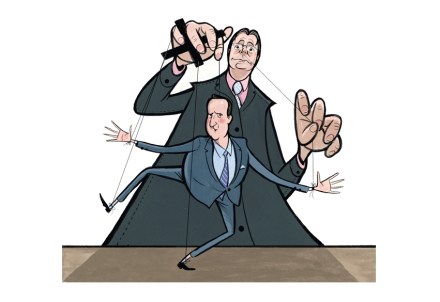Without Paxman, the BBC will have just one interrogator: John Humphrys
In a double blow for the beleaguered BBC, the corporation has lost three of its most compelling attractions in little more than a month: the Newsnight presenter Jeremy Paxman, and Susanna Reid’s legs. Paxman has said he has had enough and announced his retirement from the thinly viewed current affairs programme. Susanna Reid’s legs have made their way over to ITV for its even more thinly viewed breakfast show called ‘Phwoar, Wake Up and Have a Look At This’ or whatever. The legs have attracted criticism for spending a substantial proportion of the show hidden from view under a desk while the rest of Susanna Reid jabbered about something with
